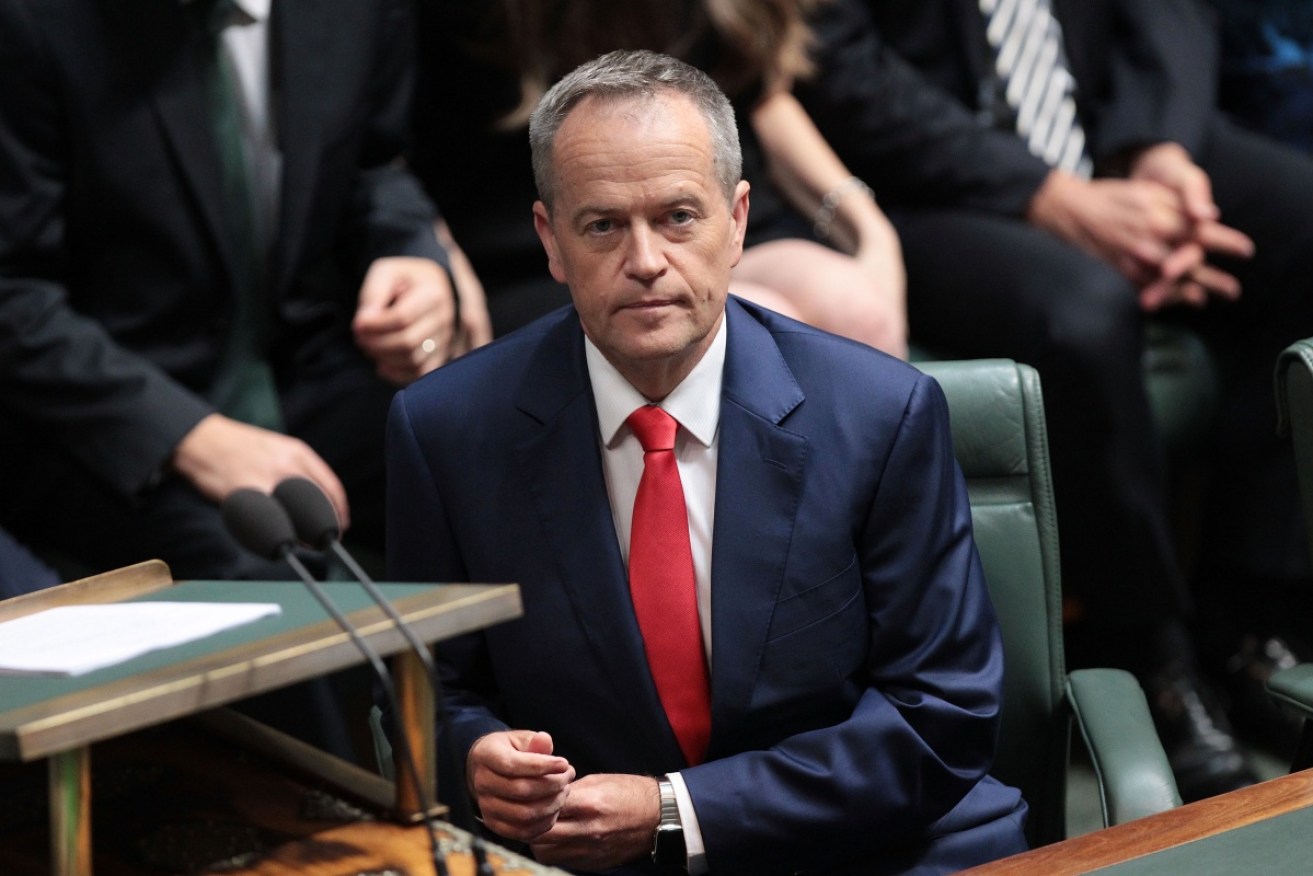Bank levy was clearly a rushed job: Shorten


Labor will vote for the levy, but doesn't like it. Photo: Getty
Almost four-in-five Australians expect the big banks to pass on a new levy despite federal government pressure on them to absorb the cost.
The Guardian-Essential poll, published on Tuesday, also shows the government failed to gain any lift from the budget with Labor maintaining an eight-point lead over the coalition.
The poll’s findings come as the government confirmed the banks will be able to deduct the levy as a pre-tax expense and sector calculations that differ markedly from Treasury figures that estimate a revenue gain of $6.2 billion over four years.
Opposition Leader Bill Shorten said it was clear the Prime Minister and Treasurer has rushed the levy.
“There is now a clear discrepancy between what the government is telling Australians they’ll raise and what the banks say they’ll raise,” he told reporters in Canberra on Tuesday.
The nation’s two biggest banks – Commonwealth and Westpac – estimate they will pay $220 million and $260 million respectively, suggesting the total take will fall short of Treasury’s calculation.
Assistant Minister to Treasurer Michael Sukkar conceded there was always an element of uncertainty when a new tax regime was put in place.
“Rather than taking the advice from external stakeholders it’s our duty to take the advice of Treasury,” he told Sky News, adding imposing the levy was all about defending Australia’s triple-A credit rating.
While global credit rating agencies have given the May 9 budget a tick of approval and confirmed the nation’s top-tier rating, Standard & Poor’s has since downgraded 23 of Australia’s smaller banks on a heightened risk of a sharp correction in property prices.
The decision included the likes of AMP, Bank of Queensland and Bendigo and Adelaide Bank.
Shadow Treasurer Chris Bowen says Labor has continually pointed to the risks to the economy of failing to address rising private debt and property prices.
“Smaller banks are paying for years of Malcolm Turnbull and Scott Morrison neglect,” he told AAP.
“In turn, customers of smaller banks will pay the ultimate price as increased borrowing costs are passed on to mortgage interest rates.”
– AAP








